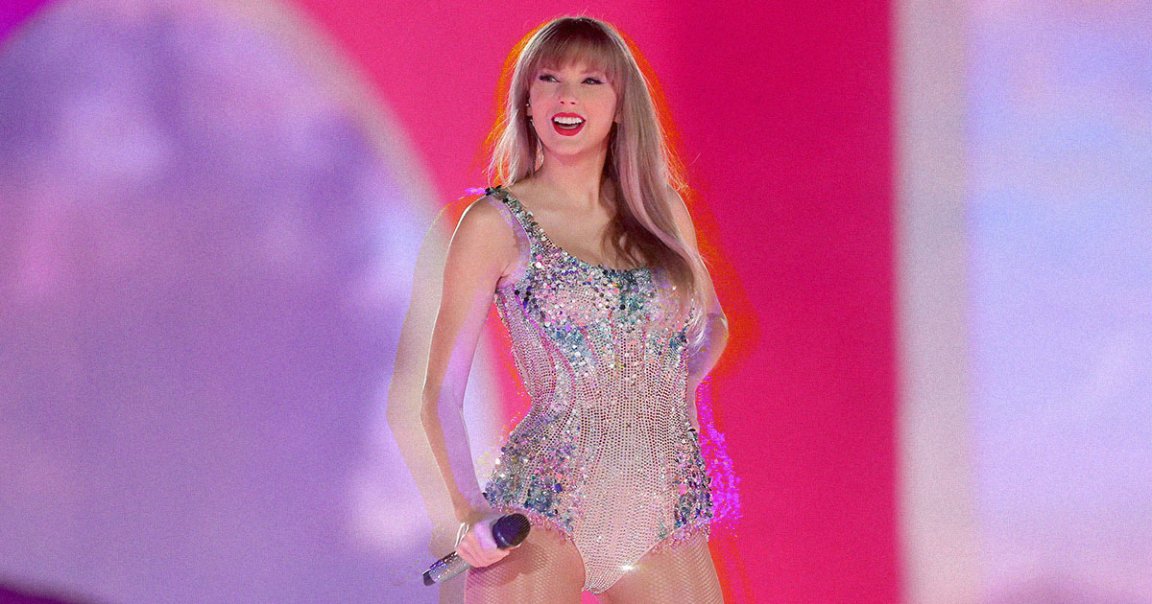
AI Era
New era of parasocial relationships just dropped: Swifties, as The Atlantic reports, are using ElevenLabs’ voice-generation tech — yes, the same AI voice generator that 4Chan users have already abused into oblivion — as a way to create fake audio of their idol Taylor Swift saying things she never actually said.
The fake T-Swift voice clips are all over TikTok, and run the gamut from sweet pep talks to some markedly more offensive wealth-shaming. And while fan art and fiction has been a thing for quite some time, this eerily realistic voice tool takes fan-imagined scenarios to a whole new level of realism.
And honestly? Really not sure if that’s a good thing.
Reputation
The most immediate concern, here, is the misinformation element. While a lot of the Taylor Swift generations are benign, this tool has, again, already been used to have some celebrities say some pretty awful stuff. (One 4Channer, for example, used the ElevenLabs beta AI tool to have an Emma Watson-like voice read from Hitler’s “Mein Kampf.”)
And though Swifties themselves might be able to deduce what’s real and fake due to their own encyclopedic knowledge of Swiftian lore, it’s much more difficult for the broader public to do the same, especially as generative AI tools continue to get better and better.
Swifties “know what [Taylor Swift] has said and what she hasn’t said, right? They’re almost immediately able to clock, ‘okay, this is an AI; she never said that,'” Lesley Willard, program director for the Center for Entertainment and Media Industries at the University of Texas at Austin, told the Atlantic. “It’s when they leave that space that it becomes more concerning.”
…Ready for It?
Misinformation aside, though, the ethics — and impacts – of this kind of practice are still pretty murky.
There’s the consent piece, the ethics of which have been debated in regard to fan fiction, particularly when it comes to sexual fan fiction, for years. We also live in a culture that’s already steeped in parasocial relationships — to celebrities and influencers to public figures and so on — and there’s certainly some debate to be had about where the line between normal interest and unhealthy obsession falls. But either way, when the curtain between fantasy and reality blurs to the point of near-nonexistence, bad things can and likely will follow.
In any case, it’s all yet another reminder that the internet’s information landscape is changing. Whether human society is ready for those changes? That remains to be seen.